Pacifiers help infants cope with distress and discomfort, stimulating increased sucking activity that provides comfort, aids in nourishment, and can soothe pain for breastfeeding infants. These popular devices, typically made of plastic or silicone, play a significant role in early childhood. However, prolonged use may lead to potential dental issues, including the condition known as pacifier teeth. It’s essential to understand the benefits and risks of pacifier use to safeguard your child’s oral health.
What Exactly Are Pacifier Teeth?
Pacifier teeth refer to the dental changes caused by the extended use of pacifiers beyond the recommended age. These alterations can manifest in various forms of misalignment or improper development of the oral cavity. The duration and intensity of the sucking behavior largely determine the severity of pacifier teeth. In cases where children continue to use pacifiers after age 2, there is a heightened risk of adverse effects on the development of the teeth, jaw, and palate.
It’s not just pacifier use that causes these problems; extended thumb-sucking can also contribute to similar issues.
Common Dental Problems Associated with Pacifier Teeth
Buck Teeth (Overbite)
One of the most common consequences of prolonged pacifier use is the development of an overbite, also called buck teeth. This occurs when the suction force and movement of the tongue and lips while sucking on a pacifier push the upper front teeth forward. As a result, the upper teeth overlap the bottom teeth, causing misalignment in the bite.
Open Bite
In this condition, the upper and lower teeth don’t touch when the mouth is closed, creating a gap. An open bite is another common outcome of long-term pacifier use and can affect both baby and permanent teeth.
Crooked Teeth
Extended use of pacifiers can disrupt the natural eruption process of teeth, leading to crooked or misaligned teeth. This may also contribute to problems with bite alignment (such as crossbites) and make it difficult for permanent teeth to grow in properly.
Gingival Recession
The continuous pressure of a pacifier on the gums, particularly if the child grinds or clenches their teeth due to an improper bite, can lead to gum recession. When the gums recede, it exposes more of the tooth’s surface, making it more susceptible to damage and loosening the teeth from their sockets over time.
Tooth Decay (Cavities)
Some parents dip pacifiers in sweetened liquids, like honey or sugar solutions, to make them more appealing to infants. This exposes a baby’s teeth to sugar, feeding oral bacteria that cause cavities. Frequent use of pacifiers in this way can lead to early childhood caries (ECC), also known as baby bottle tooth decay.
Changes to the Palate (Roof of the Mouth)
The constant presence of a pacifier can alter the shape of the palate, leading to narrowing of the roof of the mouth. This change can contribute to bite problems and, in some cases, cause speech difficulties as the child grows.
When Do Pacifier Teeth Become a Problem?
Problems with pacifier teeth typically arise when the habit continues beyond the first two years of life. Up to this point, pacifier use is generally not harmful as most babies will outgrow the need on their own. However, if pacifier use continues beyond age 2, especially past age 4, there is a greater likelihood of long-term dental issues. By this age, permanent teeth are beginning to develop under the surface, and prolonged pacifier use can interfere with the proper alignment and eruption of these teeth.
How to Prevent Pacifier Teeth
Here are some strategies to help prevent pacifier teeth while still allowing your child to benefit from the soothing effects of a pacifier:
Limit Pacifier Use
Try to wean your child off pacifiers by the age of 2. Gradual reduction in pacifier time is an effective method to ease the transition.
Orthodontic Pacifiers
These pacifiers are designed to support natural oral development and minimize the risk of misalignment. They typically feature a flat bottom and a round top that mimics the shape of a mother’s nipple.
Avoid Dipping Pacifiers in Sweet Solutions
Dipping pacifiers in sweet substances like honey or juice can cause tooth decay. It’s important to offer a pacifier without any added sugar to reduce the risk of cavities.
Regular Dental Checkups
Scheduling early dental checkups will help catch any developing issues related to pacifier use early. Dentists can provide personalized advice based on your child’s dental health.
Encourage Other Comforting Behaviors
Engage your child in other comforting activities, such as cuddling or using a soft blanket, to reduce reliance on pacifiers.
Can Pacifier Teeth Be Corrected?
In many cases, if pacifier use is stopped before the age of 2, any mild misalignments or bite issues will correct themselves as the child grows. However, if pacifier use continues past age 4, professional intervention may be required to correct bite issues and ensure proper dental alignment. Orthodontic treatment, such as braces, may be necessary in severe cases.
By being mindful of pacifier use and following these tips, you can help protect your child from the negative impacts of pacifier teeth. If you have concerns about your child’s pacifier habit or their oral health, contact our pediatric dental clinic in Trichy for expert advice and care. We are here to support your child’s healthy smile from the very beginning!

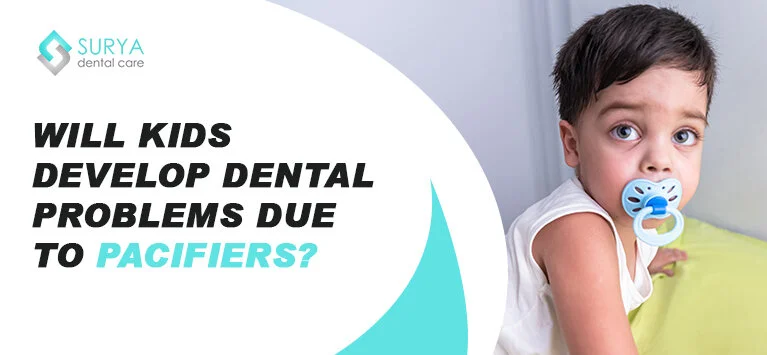


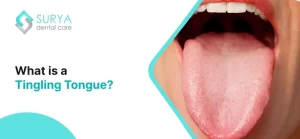

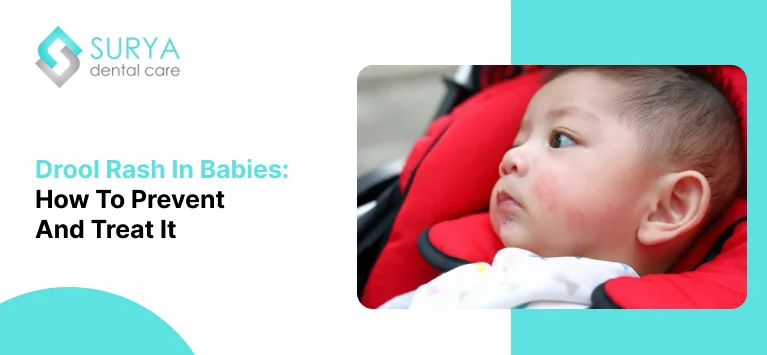
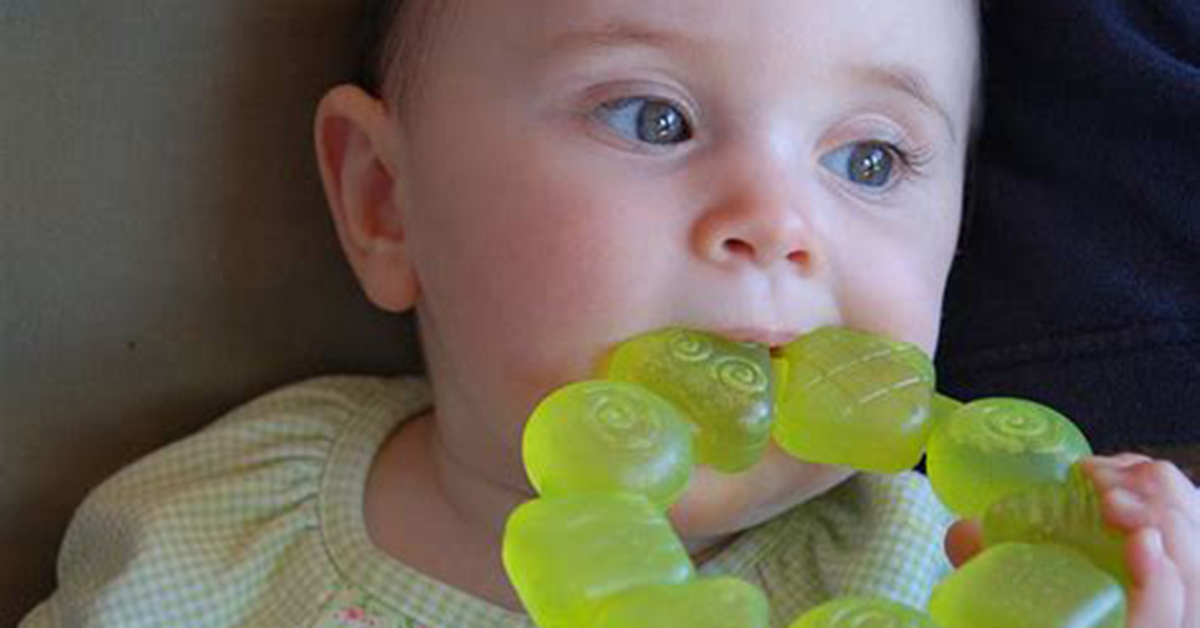
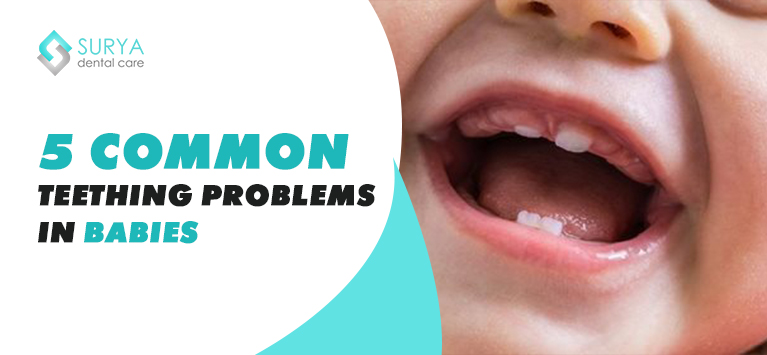

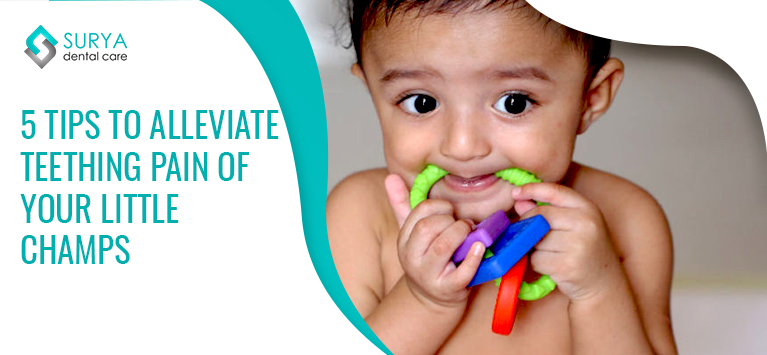
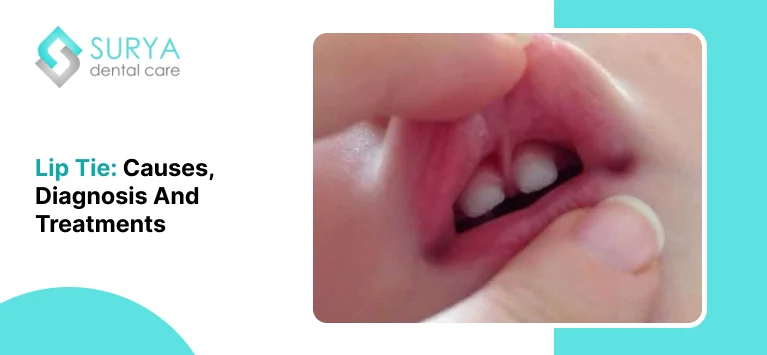
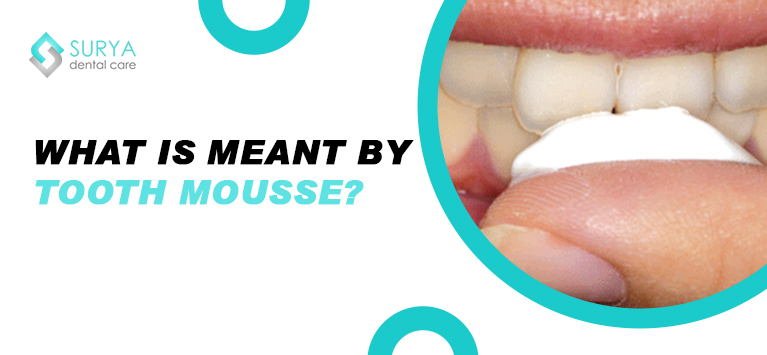
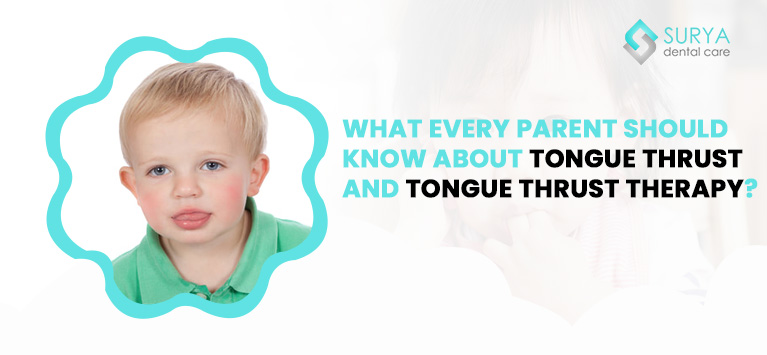


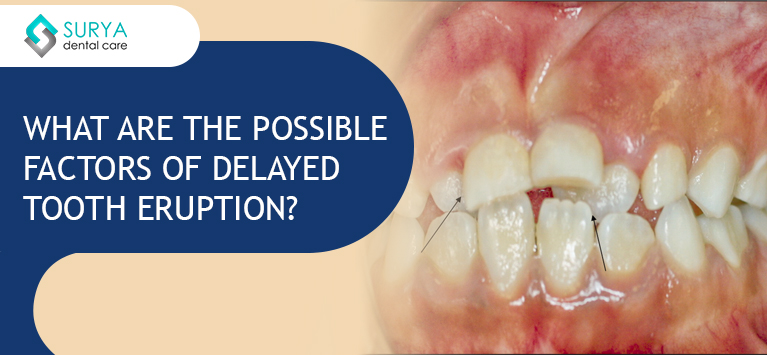
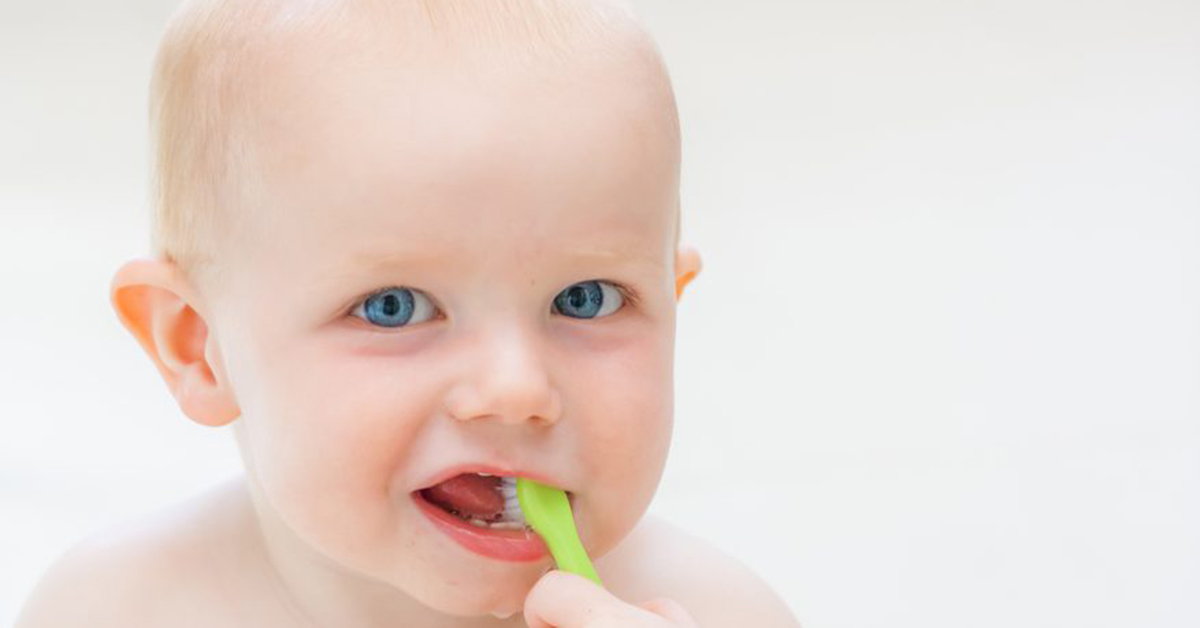
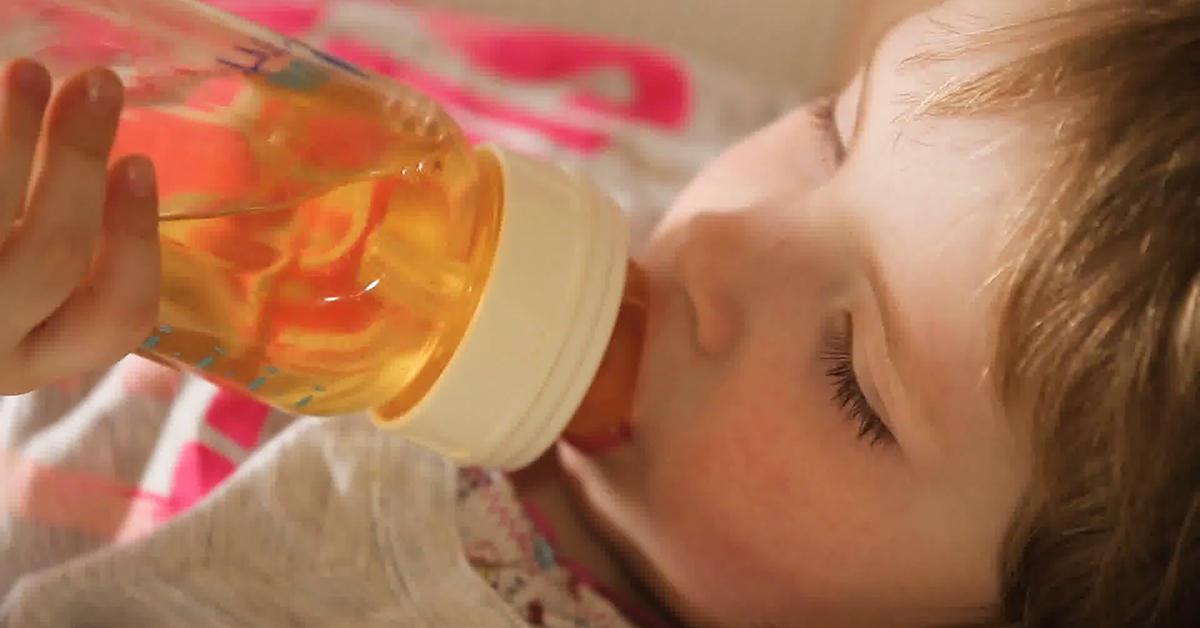
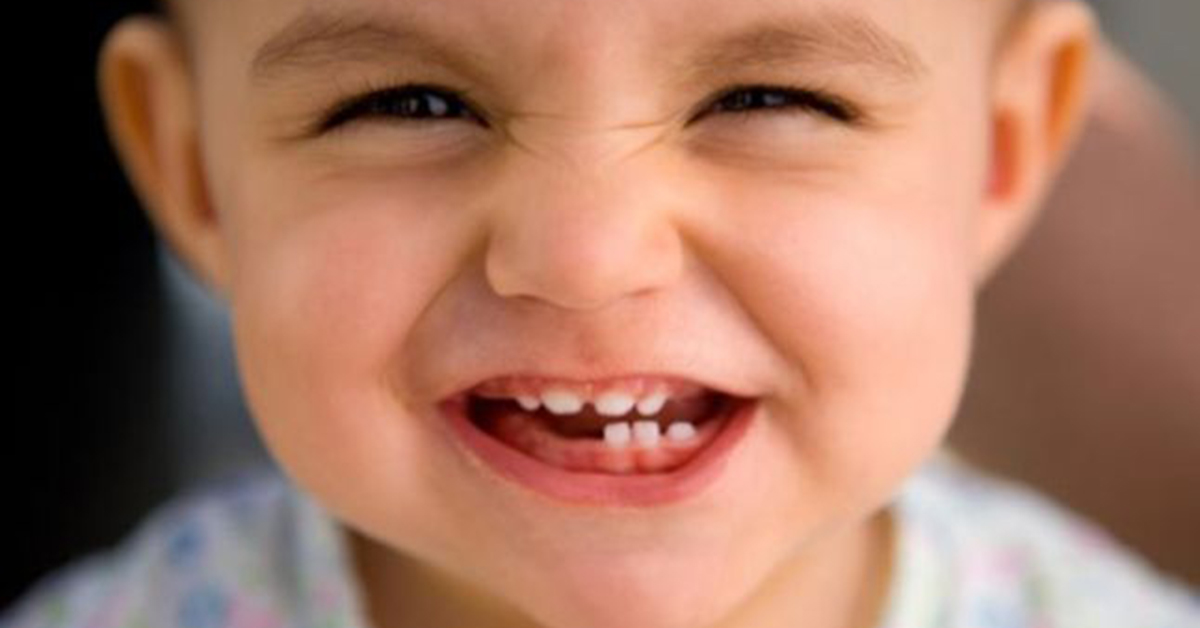



Leave a Comment